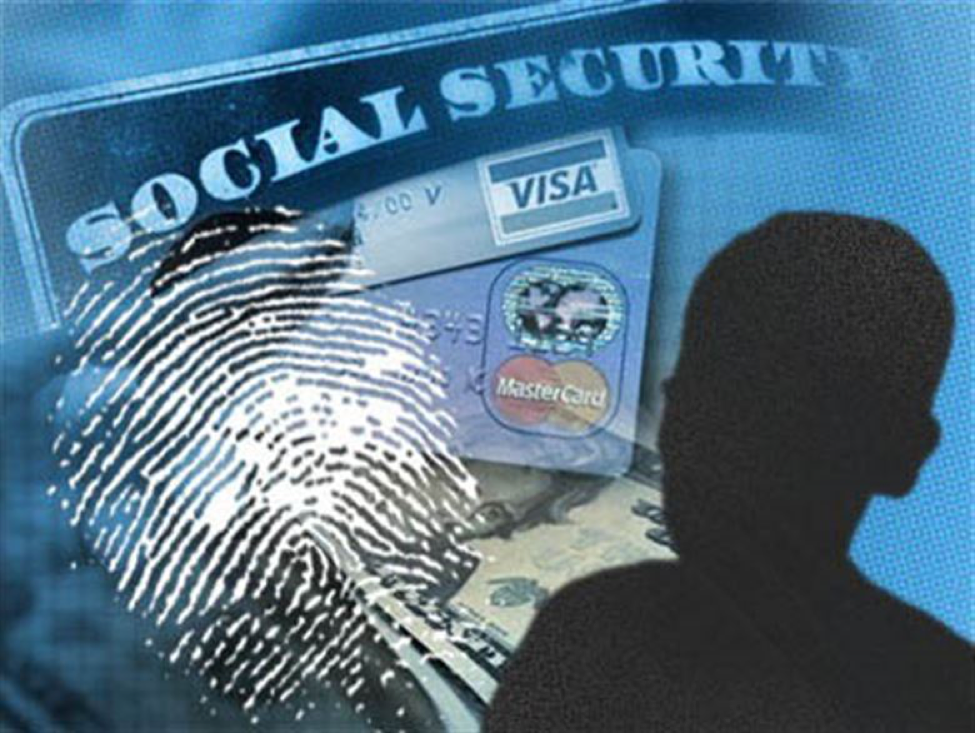Top Insights
Do You Know What The Purpose Of Having A Social Security Card Is?

Do you wonder what the specific purpose is behind having a Social Security card? If you’re curious or need to find out, this article can be of help to you. Social Security numbers are sometimes referred to as SSNs. They’re nine-digit numbers issued by the federal government to citizens and eligible residents that apply for one. The United States government uses these numbers to track the years a person works and their lifetime earnings.
When retirement comes, or if a person needs to start receiving Social Security disability income, then the government uses that information regarding the person’s Social Security contributions in order to establish their eligibility and determine their benefit payments. Most folks use only one SSN their entire life, but some might have to get replacement numbers at one point or another, often due to identity theft.
Continue reading the rest of this article to find out why and when you would need a Social Security number, and even a bit about when to avoid using one.
Anytime that someone hires you to start working for them, they’re going to ask you for a Social Security number. Their accounting department is going to need this in order to report all your income to the IRS. They also have to report Social Security wages to the SSA, or Social Security Administration. Your employer might even need it for state income tax reporting in states that have that. Some employers participate in a program called E-Verify, that ensures employees are legally allowed to work inside the United States; those employers have to get your SSN before you even start working.

Another scenario where you might need a new Social Security card or number is when you open an account with an American financial institution. This started in 1970, then the federal government started requiring banks to get the SSNs of their customers. They do this to check out your credit, manage your account, and report certain things to the IRS, such as interest, investment income, losses, and tax-deductible mortgage interest. There are some financial institutions that will instead accept an EIN, or employer identification number, or a taxpayer identification number. You can get both through the IRS.
You also might need a Social Security card when you apply for a federal loan olir particular kinds of public assistance. Your number might be used to establish eligibility for federal loans, disability income, unemployment benefits, and student loans
You might even need your SSN to file a tax return, get a driver’s license, and even a passport. You’ll also need it to jump into Medicare if you qualify. There are times you should just avoid using your SSN or card. Federal law permits anyone to ask you for your number, but that doesn’t actually mean you should hand it out. In fact, you’re best off using your SSN as little as you possibly can. Even though someone requests it, that doesn’t actually mean that they really need it.
For instance, many medical providers might ask you for your Social Security number, but if you leave that line blank when you fill out the medical paperwork, most often no one will question it. Businesses and doctor’s offices can use such information to both identify you and track your records. Just know that while you have the right to refuse giving up your SSN, businesses can also refuse to actually do business with you.
You also should avoid carrying your card around unless there’s a particular need for it that day. You might need it for starting paperwork at a new job or to establish proof of citizenship to an employer, although a valid passport works just as well and can be safer. You never want this card to be stolen, because this number, when combined with other personal data, can be used for credit applications, taking out loans, getting health care that’s in your name, or even finding a job. There are other identity theft issues that can come up too.
It’s best to put the card in a very secure place in your home or even a safety deposit box in a bank. Should your card get stolen or just lost, then you’ll need to get a new one.
For that matter, any documents, like tax returns, that have your SSN, should also be securely stored. If somebody does break into your home, it’s better if they just get some physical stuff and not your whole identity. Make sure that your safeguards extend to electronic documents having your Social Security number in them. Unencrypted PDFs of tax returns stored on a laptop are dangerous when you travel or just use coffee shop WiFi.

The federal government introduced Social Security numbers with the program back in 1936. At the time, no one thought that numbers would get so widely used in either identifying or tracking individuals. Now, these numbers are used for many things, from opening bank accounts to filling out paperwork at medical offices. Still, the original intentions were simply tracking lifetime earnings in order to calculate you are potential Social Security benefits.
There will be times in life that you need your Social Security card with you, but for the most part, you should lock it up somewhere safe that no one but you can get too. Don’t carry it around in your wallet or purse like your license, because you just won’t need it that often.
Also, in cases where you do need it, see if you really just need the number. Many times you can simply just tell someone the number or write it down without having to show your actual physical card. For that matter, you might be able to use different numbers you get from the IRS or even use an alternative document like your passport. Monitor your credit reports, ratings, and history to watch out for identity theft so that you can make sure no one else out there is pretending to be you when in fact they are not.
Recent Posts
Categories
- Accessories5
- Apps23
- Bollywood282
- Business33
- Cars8
- Celebrities62
- Cricket20
- Digital Marketing29
- Education549
- EML India52
- EML UK6
- Entertainment394
- Events46
- Featured4
- Finance11
- Fitness4
- Guest Posts187
- Health30
- Inspiration4
- Jobs Recruitment31
- Lifestyle38
- Merry Christmas9
- Mobile Phones25
- News35
- Prepapration Tips23
- Relationship4
- Results87
- Social Media13
- Sports26
- Startups5
- Tech1
- Technology146
- Travel23
- Uncategorized2
- Web Design1
Related Articles
Space Exploration Highlights of 2024: Pushing the Boundaries of the Final Frontier
The year has been a remarkable one for space exploration, marked by...
ByedumovliveDecember 9, 202410 Ways to Use ChatGPT AI for Business Growth in 2023
ChatGPT, being an AI language model developed by OpenAI, can help businesses...
ByedumovliveFebruary 12, 20235 Easy steps to sell your smartphones online
Getting started with your own online business has never been simpler. There...
ByedumovliveNovember 16, 2022How Can You Leverage Instagram Reels To Improve Your Business’s Reach?
The reels feature on Instagram will help you reach out to more...
ByedumovliveApril 21, 2021













Leave a comment